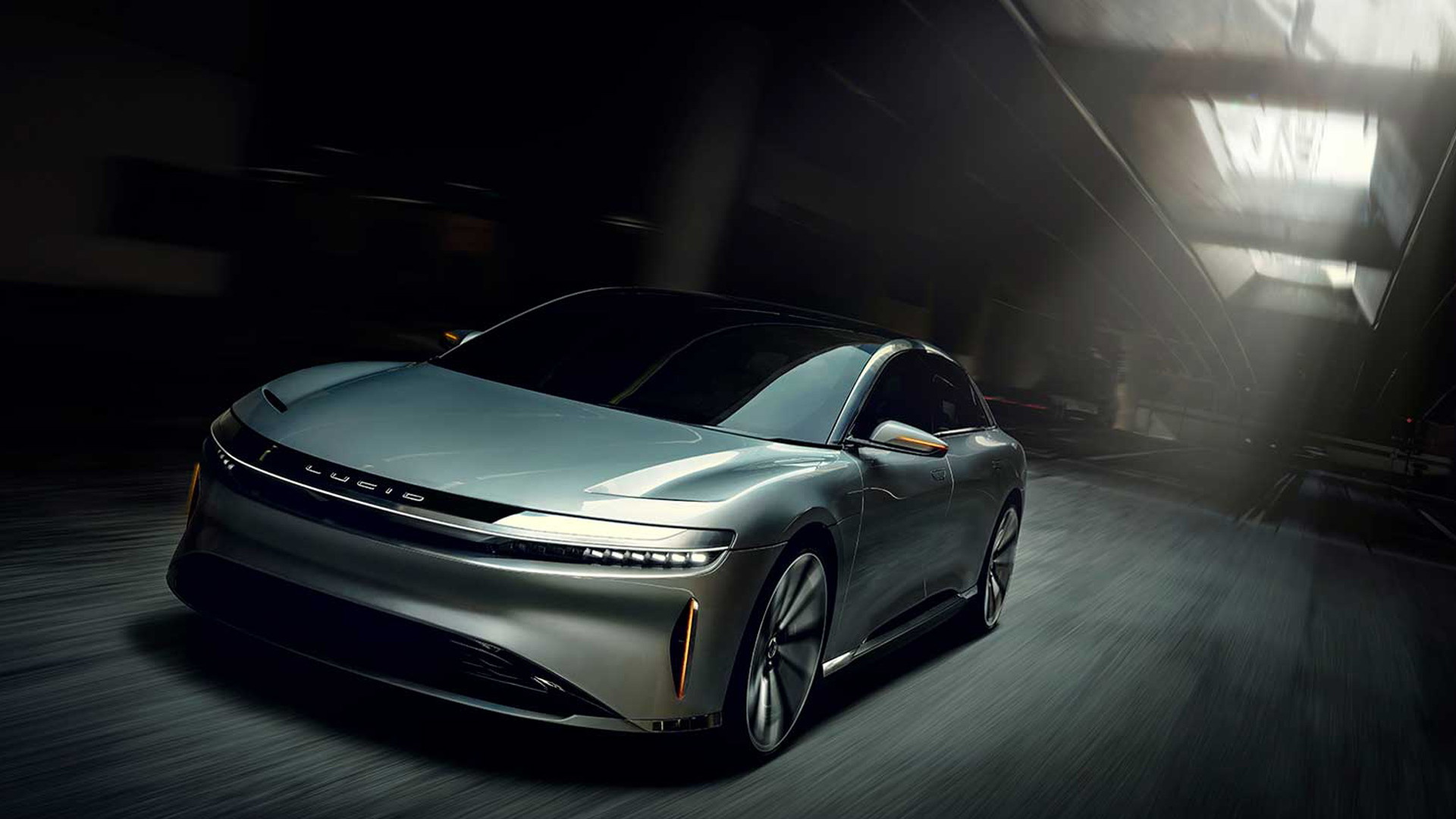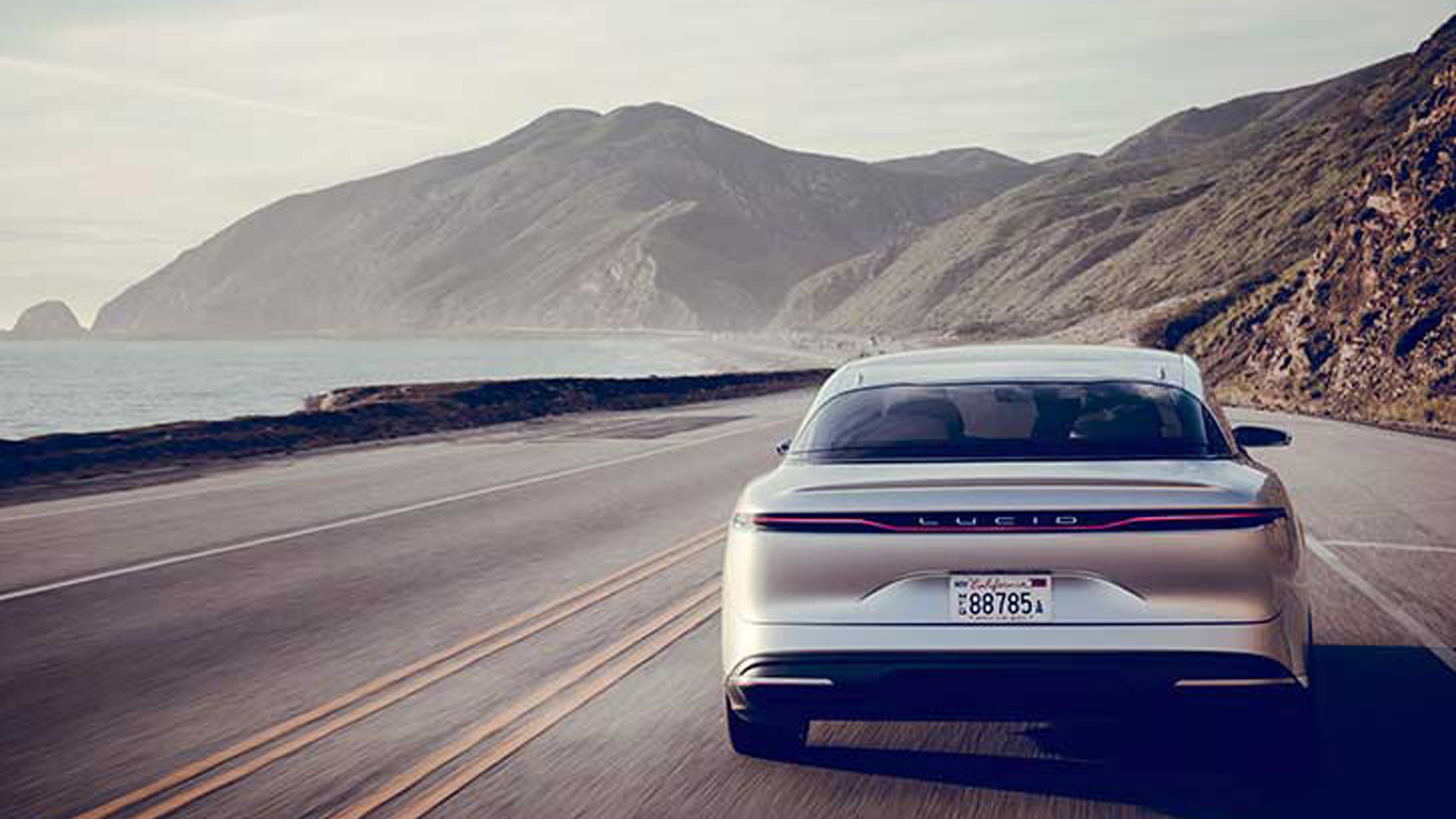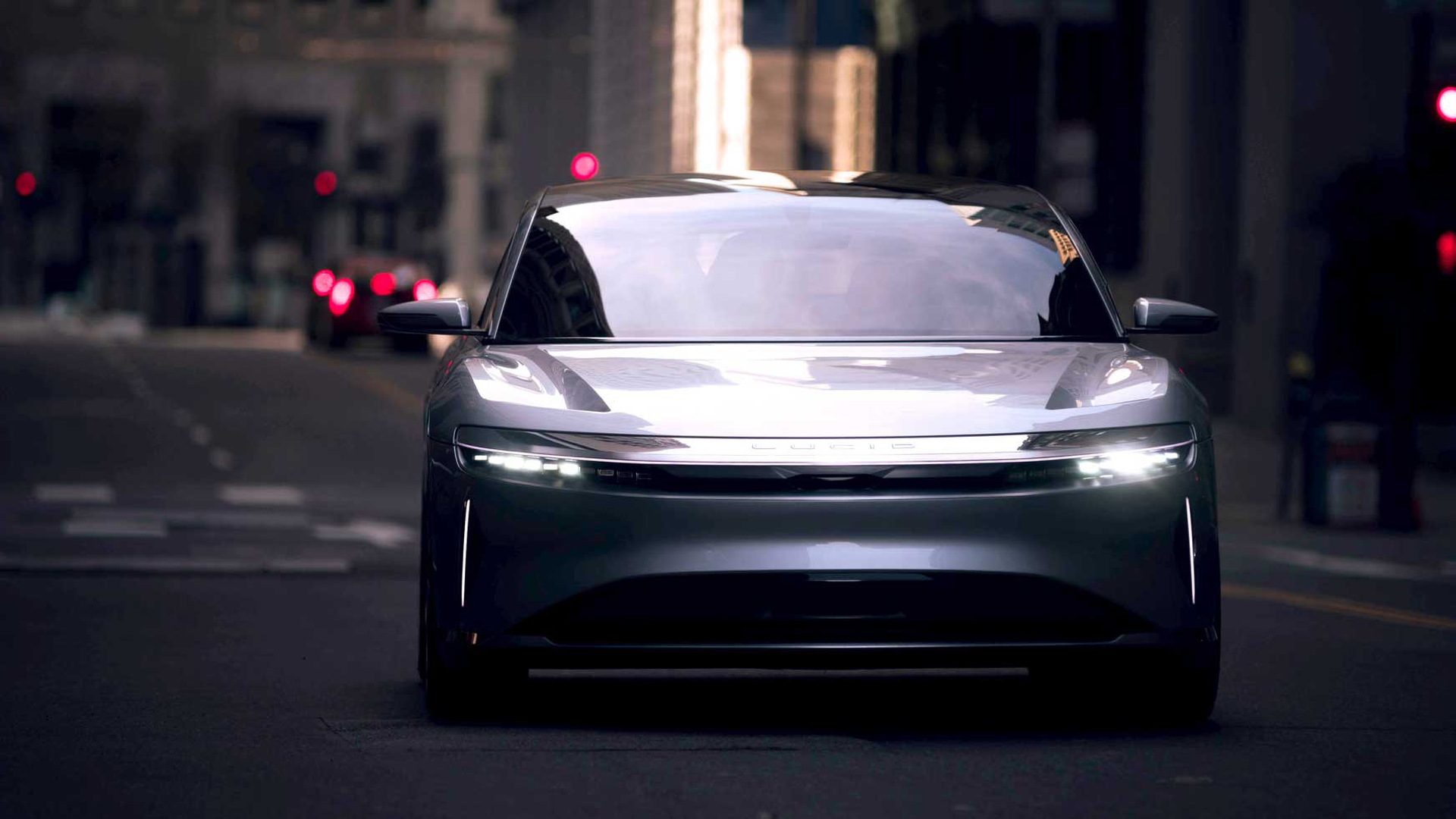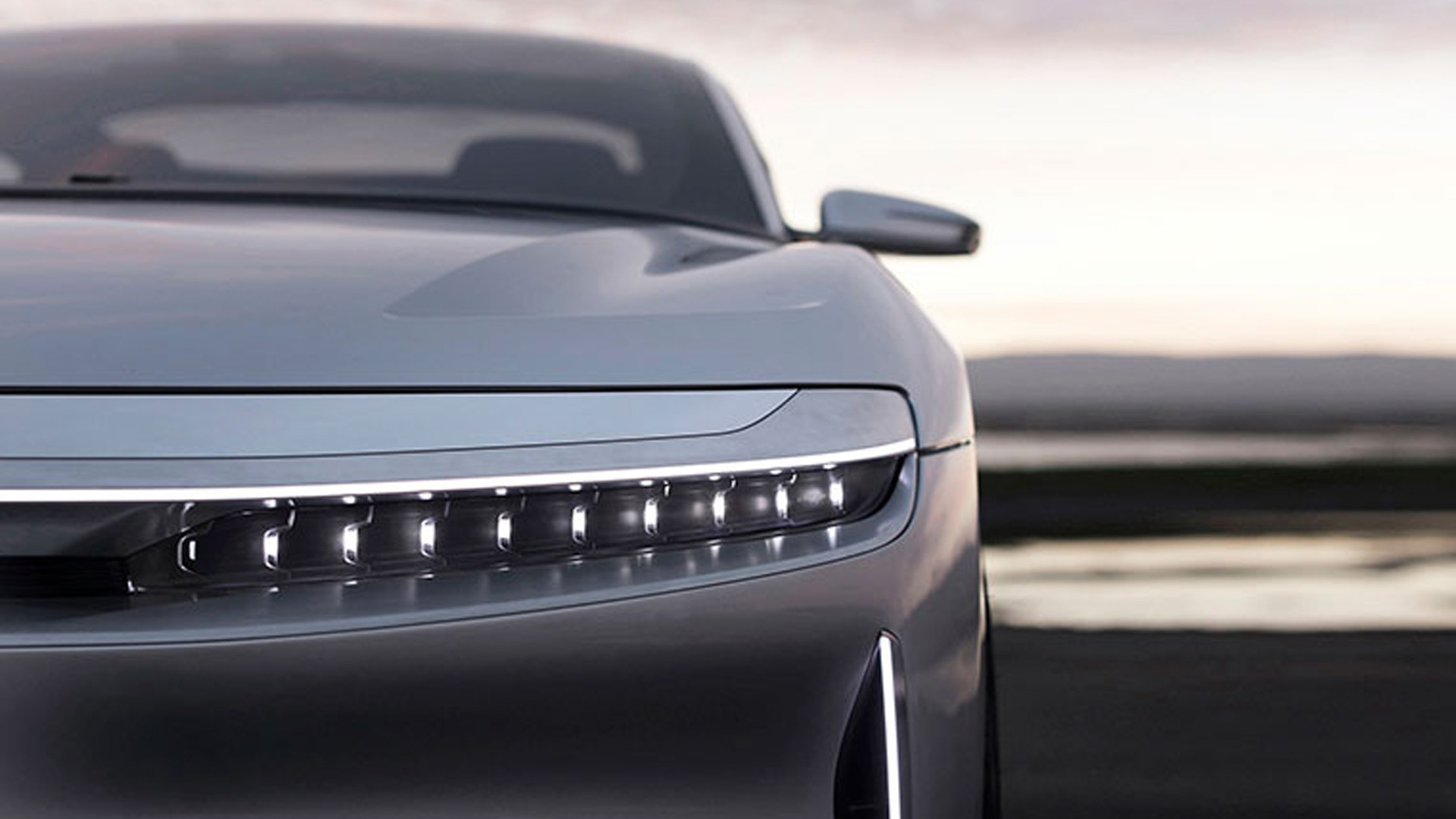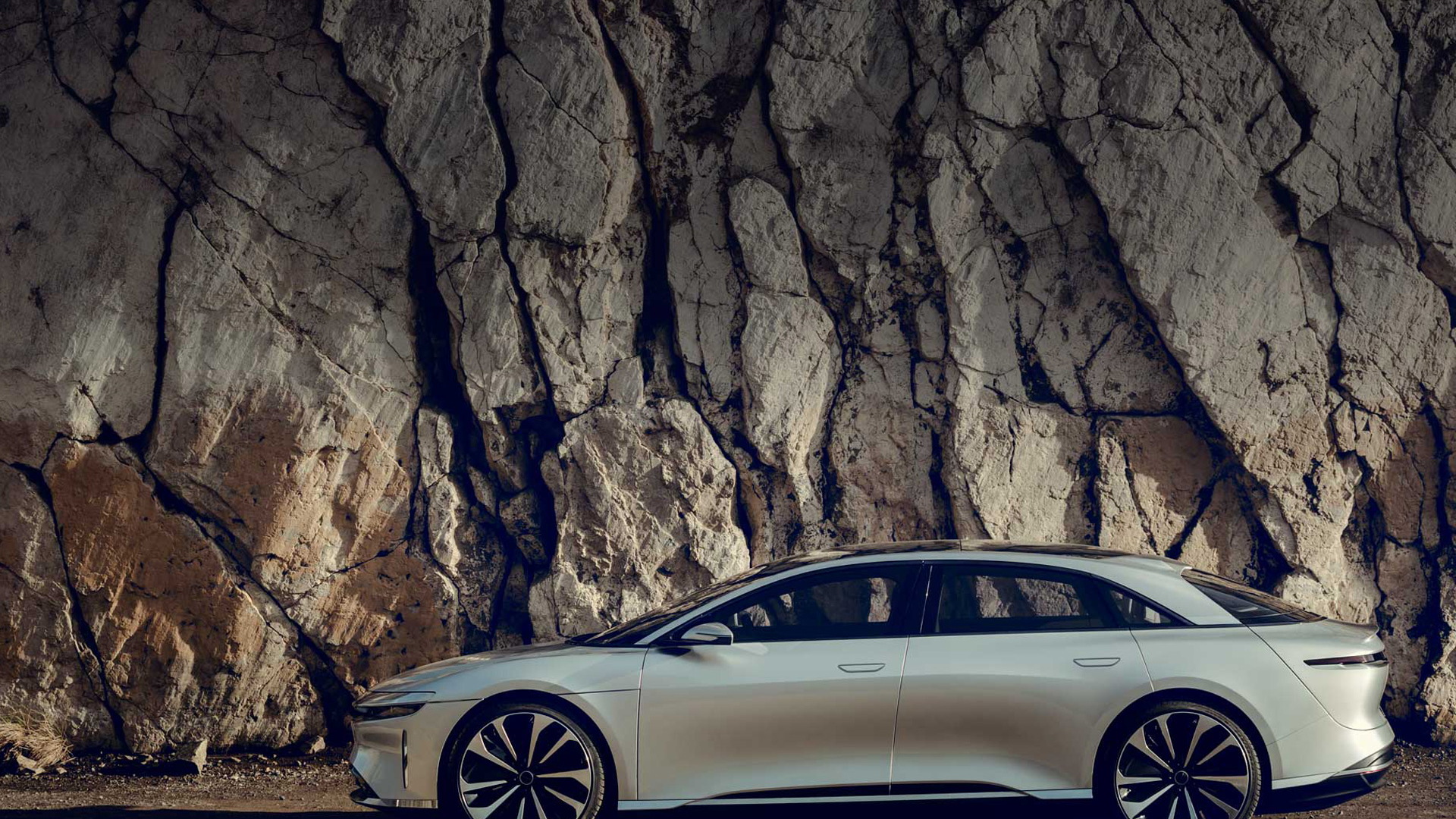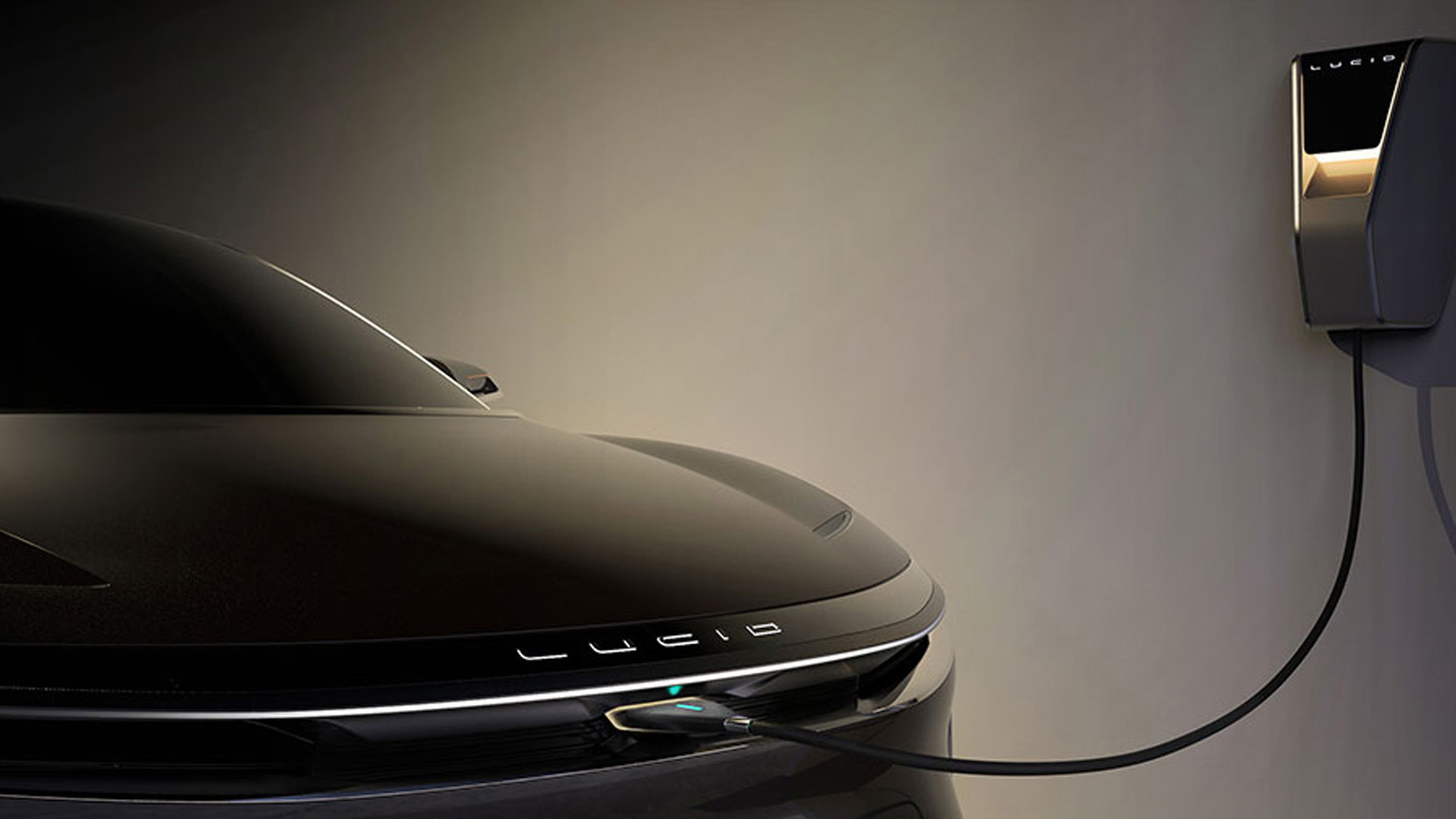Electric car startup Faraday Future has made the headlines repeatedly in recent months, albeit for all the wrong reasons.
Given the lack of news concerning rival electric car startup Lucid, one might have assumed it’s all smooth sailing at the Silicon Valley-based company. That may not be the case, however.
Lucid needs to raise $240 million for initial set up of a production line for the Air luxury sedan due in 2019, and it is currently in talks with potential investors, Chief Technology Officer Peter Rawlinson confirmed during April’s 2017 New York auto show. If all goes to plan, the company will hope to raise a further $460 million to lift capacity to a targeted 130,000 vehicles per year by around 2022.
But Bloomberg, citing people familiar with the matter, is reporting that a sale of the company is on the table after Lucid approached Ford about a possible takeover and was turned down. One of the people also said that Ford is still open to the possibility of a deal further down the road.
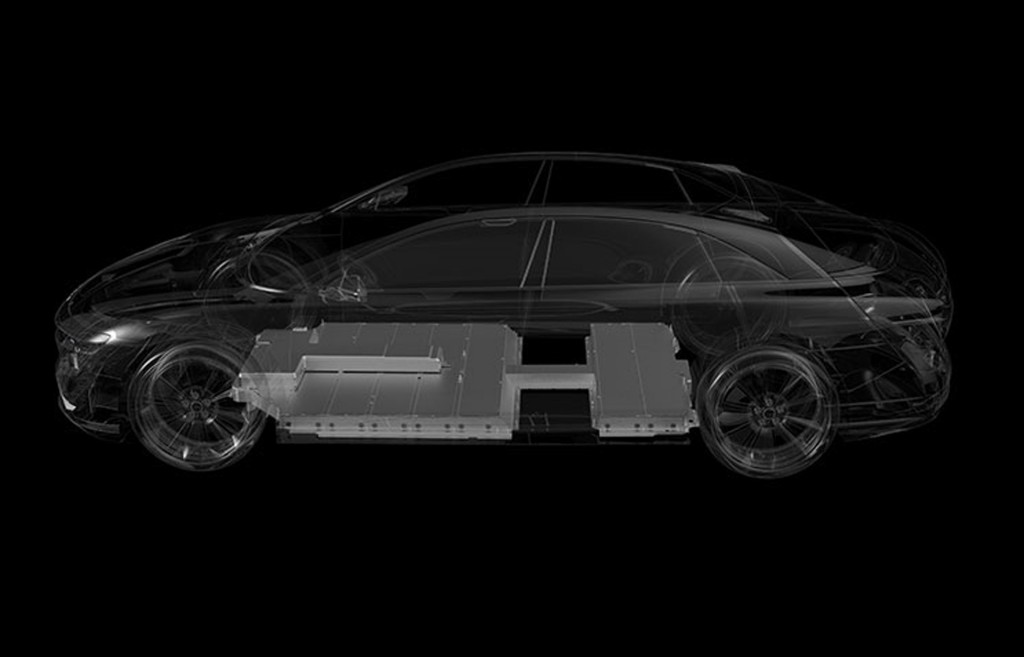
Lucid Air
Ford has fallen behind the competition when it comes to electric cars, with its first battery-powered car with a usable range, an SUV with 300 miles of range, not due until 2020. The automaker in late 2015 committed $4.5 billion over five years to develop electric cars.
Acquiring Lucid could save Ford not only time but also big bucks by catapulting it to the forefront of the electric car world. Lucid’s Air is promised to have as much as 1,000 horsepower and 400 miles of range in top-level trim. A prototype was even clocked at 235 mph.
Lucid has also been developing self-driving technology, another area Ford is committed. Ford aims to have a Level 4 self-driving car ready by 2021, and just in February the automaker said it was investing $1 billion in Argo AI, a startup formed by ex-Google and Uber executives that is developing self-driving technology.
Update: An earlier version of this story said Lucid needed $700 million to start production of the Air. Lucid told 'Motor Authority' that it only needs $240 million to start production and that the $700 million figure is only required to get production up to maximum capacity.
